Kathryn Bigelow has certainly had an interesting career trajectory from the days of Point Break and Near Dark. Had you told me 20 years ago that she would become one of the most prominent directors of historical prestige pictures working in the modern cinema, I probably would’ve laughed. I mean, what part of Johnny Utah or Strange Days might suggest that she would someday delve into the assassination of Osama Bin Laden or the Detroit race riots of the late 1960s? My lack of foresight not withstanding, she’s actually pretty damn good at it.
Detroit is not a pleasant film by any stretch — not to spoil anything, but anybody who comes into this one expecting a happy ending should have their head examined. But just because it isn’t fun doesn’t mean it isn’t good, and Bigelow is using all of the tools at her disposal to craft a story that demands audience empathy and identification every step of the way, even as she drags us into a particularly seedy chapter of U.S. history. There’s no real moral ambiguity in the story of racist Detroit city cops exploiting the chaos of rampant civil unrest to murder some innocent black people in cold blood, but Bigelow still manages to imbue some tension in a narrative strangely devoid of a central protagonist or emotional catharsis of any sort.
That last point is important because the fact that this film runs for over 140 minutes without a clearly defined point-of-view character and still manages to work from a narrative standpoint is pretty remarkable. Screenwriter Mark Boal (The Hurt Locker, Zero Dark Thirty) is relatively overt in his mission to use a 50-year-old story as a lens through which to make a point about the persistence of institutionalized racism and police brutality as it continues to exist today, but the fact that he’s justified in his assertions goes a long way toward keeping his script from tipping into heavy-handed sermonizing.
It also helps tremendously that the cast is fantastic, a necessity in a movie with such a sprawling scope. I’m not blessed with the print space to get into full-blown plot synopsis with this review, but it should suffice to say that Detroit is a complicated story of an event rather than a single person, and as such, it follows a number of characters and the effects of that definitive event on their lives. John Boyega is outstanding, doing his best Sidney Poitier impression as a stoic security guard who goes along to get along, Algee Smith is heartbreaking as a Motown singer crippled by PTSD, and John Krasinski is surprisingly slimy as the cutthroat lawyer defending a cadre of racist police. But the real breakout performance comes from Will Poulter (The Revenant), who plays the ringleader of the murderous cops as both despicable and pathetic. The effect is nothing short of monstrous.
Now, I’d be remiss if I didn’t point out the apparent illogic of a film about systemic racism being written and directed by a couple of white folks, but if that’s the way things remain in 2017, at least those people are competent enough to handle their subject with the gravity and tact it deserves. Detroit may not be a pretty film, but it isn’t supposed to be — and hopefully, its very ugliness will start some meaningful discussions. Hopefully, we won’t still be telling these same stories in another 50 years. Rated R for strong violence and pervasive language. Now Playing at AMC Classic River Hills 10, Carolina Cinemark, Regal Biltmore Grande, Epic of Hendersonville.



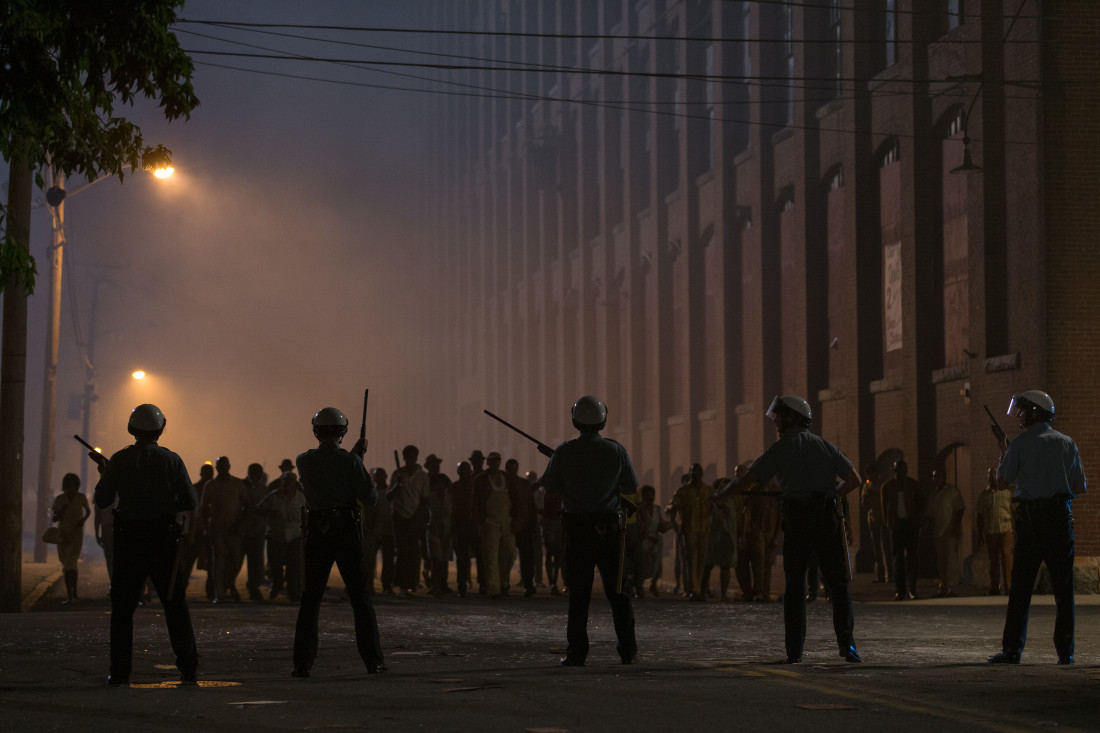

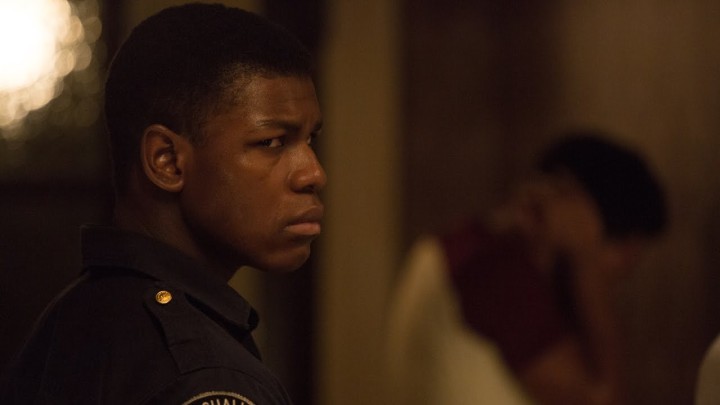
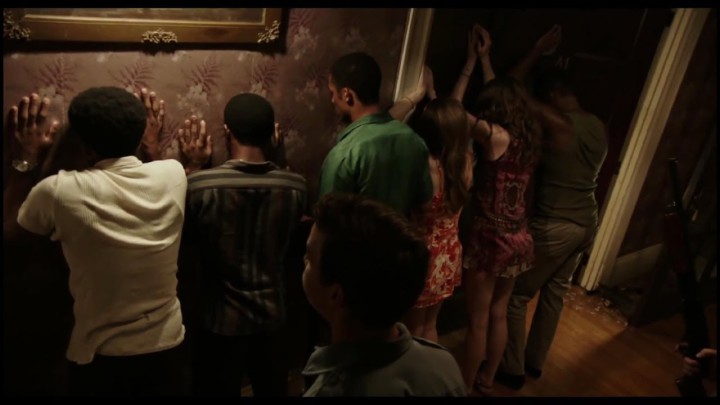
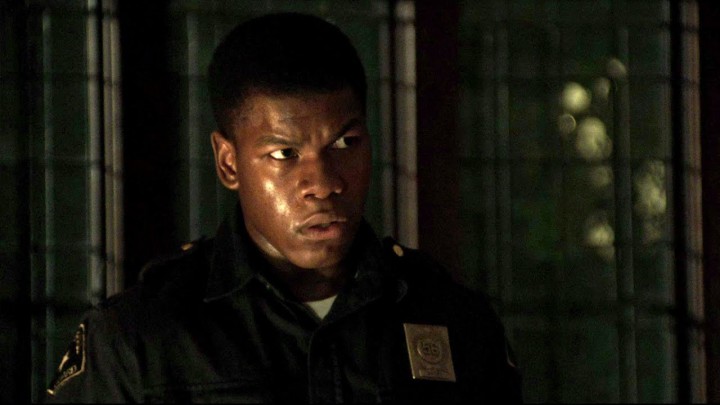
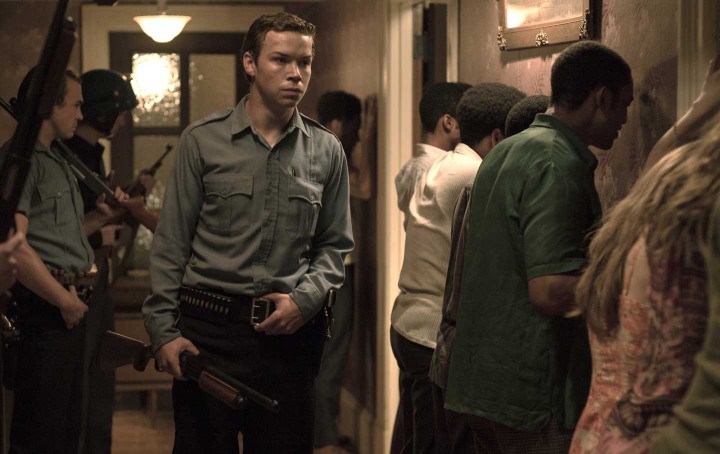
Excellent review! Would not have even considered this movie, but now I’m intrigued!
Thanks, PLLC